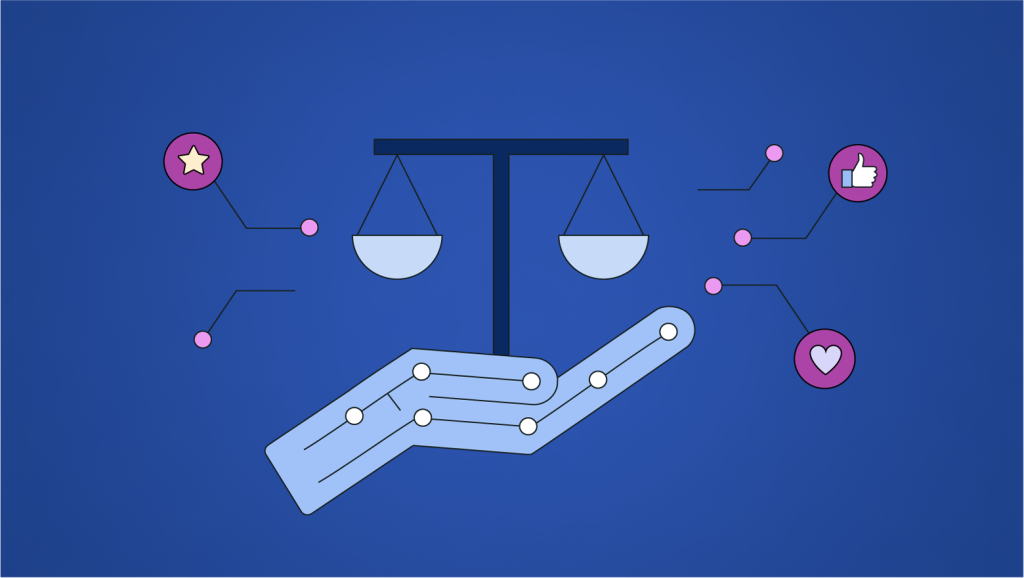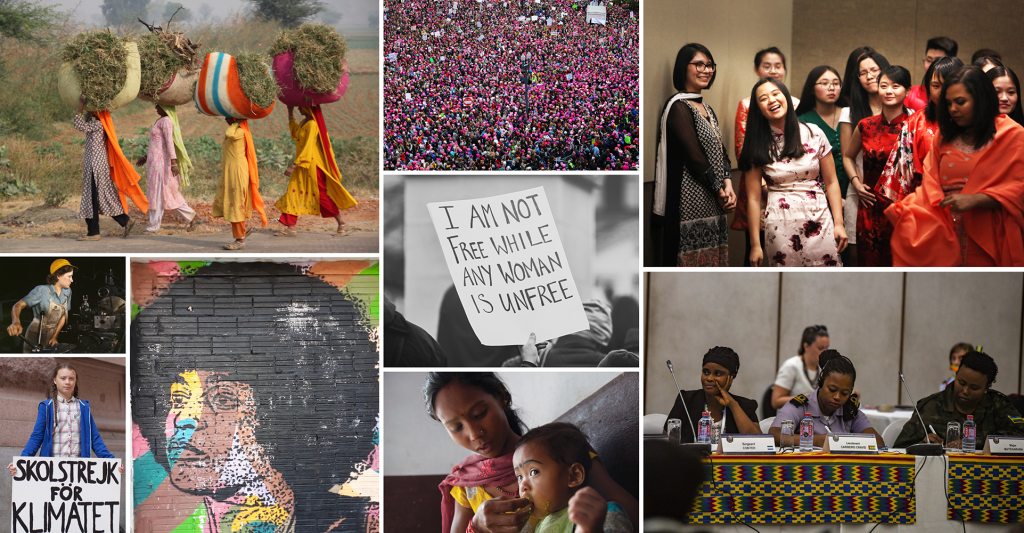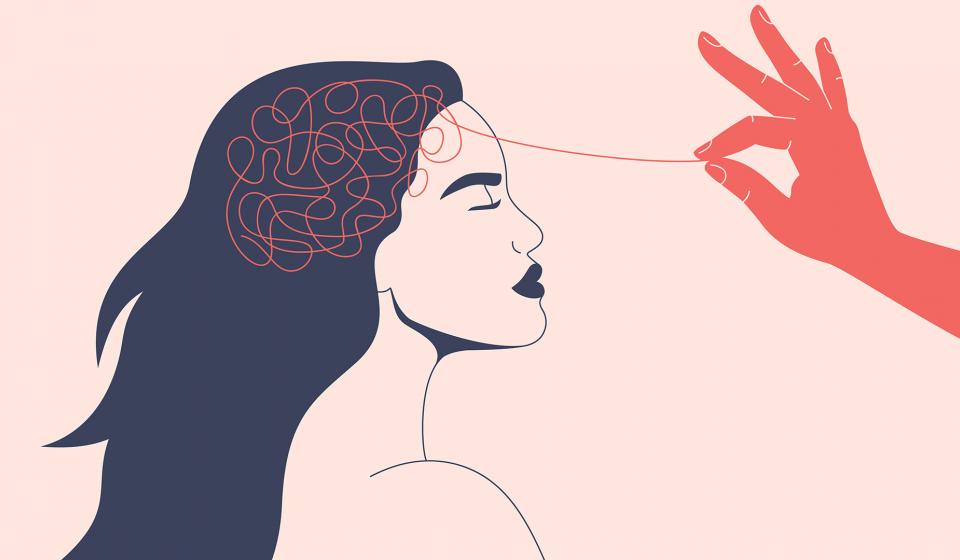Racial Discrimination in Healthcare: Addressing Inequalities in Medical Treatment.

Introduction
Racial discrimination in healthcare is a persistent issue that undermines the principle of equal care for all. Despite significant advancements in medical technology and the overall healthcare system, racial minorities—especially Black, Indigenous, and people of color (BIPOC)—continue to experience unequal treatment in healthcare settings. These disparities not only lead to poor health outcomes but also reinforce systemic inequality in society. This article explores the roots of racial discrimination in healthcare, its consequences, and strategies to address and eliminate inequalities in medical treatment.
The Roots of Racial Discrimination in Healthcare
- Implicit Bias and Stereotyping
Implicit bias refers to the unconscious attitudes and stereotypes that influence decisions, actions, and judgments. In healthcare, implicit bias can affect how healthcare providers treat patients based on their race or ethnicity. For example, studies have shown that healthcare providers may underestimate the pain of Black patients or assume that Hispanic patients are less compliant with treatment. These biases, though often unintentional, can lead to inadequate care, misdiagnoses, and harmful treatment decisions. - Historical Injustice in Medical Treatment
The history of racial discrimination in medicine is long and troubling. From the exploitation of Black individuals in the Tuskegee Syphilis Study to the underrepresentation of minority groups in clinical trials, BIPOC communities have faced unethical and discriminatory practices in the medical field. These historical injustices have contributed to deep mistrust of the healthcare system among minority populations and continue to affect their willingness to seek care or comply with medical advice. - Structural Inequality in Healthcare Systems
Racial discrimination in healthcare is not only individual but also structural. Minority communities often face barriers to accessing healthcare due to factors such as income inequality, lack of insurance, and limited availability of medical facilities in underserved areas. Racial minorities are also disproportionately affected by social determinants of health, such as poor housing, education, and employment opportunities, which exacerbate health inequities. - Healthcare Workforce Diversity
The lack of diversity among healthcare professionals contributes to racial disparities in medical treatment. With a predominantly white medical workforce, BIPOC patients may not have the same cultural understanding or representation in their healthcare providers. This lack of representation can lead to miscommunication, cultural insensitivity, and a lack of trust between patients and providers.
Consequences of Racial Discrimination in Healthcare
- Health Disparities and Poor Outcomes
Racial discrimination in healthcare contributes to significant health disparities. Studies consistently show that Black Americans, for example, are more likely to suffer from chronic diseases such as diabetes, hypertension, and heart disease, and are less likely to receive timely and effective treatment. These disparities result in higher morbidity and mortality rates in minority communities. Discriminatory practices can also delay diagnosis and treatment, leading to poorer health outcomes overall. - Mistrust in the Healthcare System
Racial discrimination in healthcare fosters mistrust between minority communities and medical institutions. This lack of trust often discourages individuals from seeking necessary medical care, participating in preventive healthcare programs, or engaging in treatment plans. The consequences of mistrust are severe, as individuals may delay or avoid essential treatments, leading to worsening health conditions and avoidable complications. - Psychological and Emotional Toll
Experiencing racial discrimination in healthcare settings can take a psychological toll on patients. The stress and trauma of being treated unfairly or dismissed by healthcare providers can worsen mental health conditions and create feelings of alienation and anxiety. For minority patients, the fear of discrimination can create a barrier to seeking care and can affect their overall well-being. - Economic Impact
Racial discrimination in healthcare also has an economic impact. Minority patients often face higher healthcare costs due to the need for additional treatment, misdiagnoses, or delayed care. The lack of effective treatment can also result in increased absenteeism from work, decreased productivity, and a higher burden on public health systems. This creates a vicious cycle of economic disadvantage that perpetuates the systemic inequalities that fuel discrimination in healthcare.
Addressing Racial Discrimination in Healthcare
- Cultural Competency and Training
One of the most effective ways to combat racial discrimination in healthcare is through cultural competency training for healthcare providers. This training helps healthcare professionals understand and appreciate the cultural differences and needs of their patients. By increasing awareness of implicit biases and teaching providers how to address them, healthcare institutions can create a more inclusive and equitable environment for all patients. - Promoting Diversity in the Healthcare Workforce
Increasing diversity within the healthcare workforce is crucial for addressing racial disparities in medical treatment. A more diverse workforce can help ensure that patients from minority backgrounds are treated with greater cultural sensitivity and understanding. This also helps to build trust between healthcare providers and patients. Medical schools and healthcare organizations should actively recruit and retain individuals from diverse racial and ethnic backgrounds. - Policy Reforms and Equal Access to Healthcare
Government and healthcare institutions must prioritize policy reforms that address the structural inequalities in healthcare systems. These policies should focus on improving access to care for racial minorities, especially in underserved communities. Expanding Medicaid, increasing the availability of affordable health insurance, and providing incentives for healthcare providers to work in low-income areas can help reduce healthcare disparities. - Addressing Social Determinants of Health
To address the root causes of health inequities, it is essential to focus on the social determinants of health. These factors include access to affordable housing, education, nutrition, and employment opportunities. By addressing the social conditions that disproportionately affect racial minorities, we can improve overall health outcomes and reduce the gap in healthcare access and quality. - Research and Data Collection
Ongoing research and data collection on racial disparities in healthcare are essential for understanding the scope of the problem and developing effective solutions. Healthcare providers should collect race and ethnicity data to track disparities in medical treatment and outcomes. Additionally, more research is needed to explore how systemic racism in healthcare affects different racial groups and to develop evidence-based strategies for addressing these disparities. - Community Engagement and Advocacy
Community organizations and advocacy groups play a critical role in raising awareness of racial discrimination in healthcare and pushing for reforms. These groups can work to educate minority communities about their rights, provide support for those who have experienced discrimination, and lobby for policy changes at local, state, and national levels. Public education campaigns can also help reduce stigma and encourage minority populations to seek care without fear of discrimination.
Conclusion
Racial discrimination in healthcare is a complex and deeply entrenched issue that affects the health and well-being of millions of individuals around the world. It perpetuates inequality and creates significant health disparities, resulting in poorer outcomes for racial minorities. To address these inequalities, we must tackle both the individual biases and the structural barriers that contribute to discrimination in healthcare. By promoting cultural competency, increasing diversity in the healthcare workforce, implementing policy reforms, and addressing the social determinants of health, we can work toward a more equitable healthcare system. Reducing racial discrimination in healthcare is not just a moral imperative, but a necessary step toward achieving better health outcomes for all communities.
Call to Action:
It is time for healthcare providers, policymakers, and communities to take action against racial discrimination in healthcare. Join the fight for equity by advocating for inclusive policies, supporting diversity in the healthcare workforce, and helping to create a healthcare system that works for everyone, regardless of their race or ethnicity.










